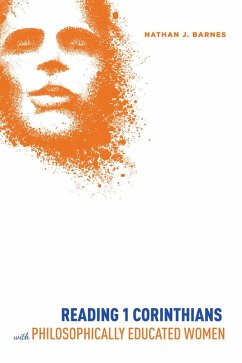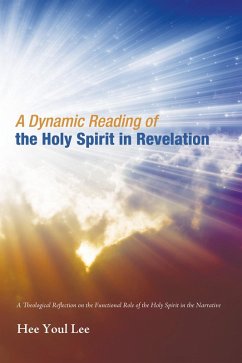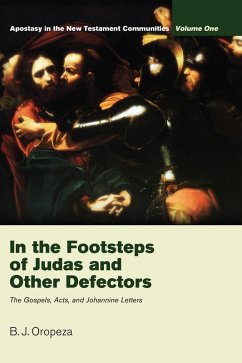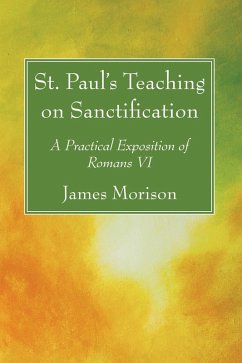Women were involved in every popular philosophy in the first century, and the participation of women reaches back to the Greek origins of these schools. Philosophers often taught their daughters, wives, and other friends the basic tenets of their thinking. The Isthmian games and a tolerance for independent thinking made Corinth an attractive place for philosophers to engage in dialogue and debate, further facilitating the philosophical education of women. The activity of philosophically educated women directly informs our understanding of 1 Corinthians when Paul uses concepts that also appear in popular moral philosophy. This book explores how philosophically educated women would interact with three such concepts: marriage and family, patronage, and self-sufficiency.
Dieser Download kann aus rechtlichen Gründen nur mit Rechnungsadresse in A, D ausgeliefert werden.









